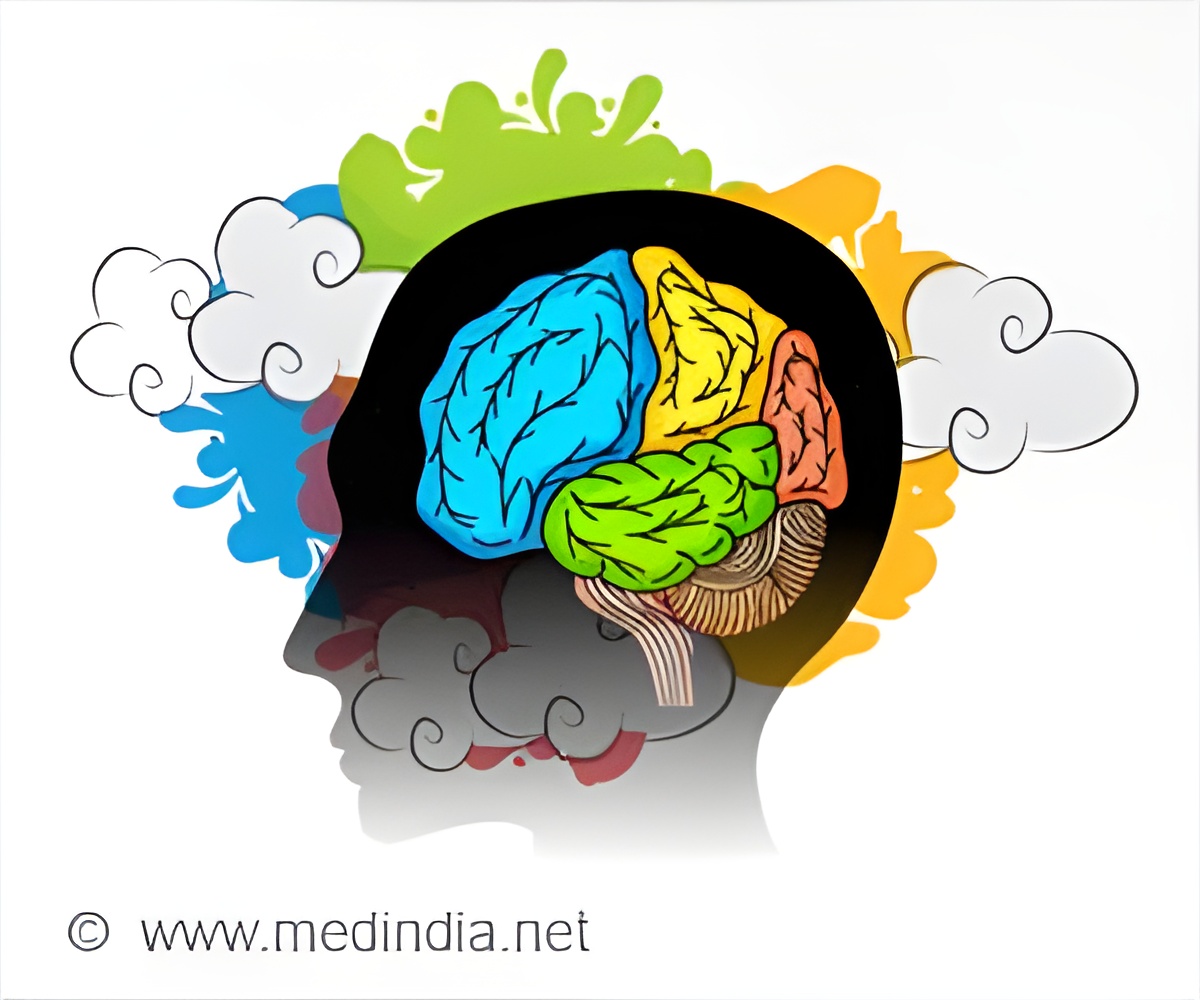
‘Youthful cognitive ability which involves a set of thinking skills such as reasoning, memory, and perception can strongly predict mental capacity in later life, reveals a new study.’
Tweet it Now
Higher education and late-life intellectual activities, such as doing puzzles, reading or socializing, have all been associated with reduced risk of dementia and sustained or improved cognitive reserve. Cognitive reserve is the brain's ability to improvise and find alternate ways of getting a job done and may help people compensate for other changes associated with aging.An international team of scientists, led by scientists at the University of California San Diego School of Medicine, sought to address a "chicken or egg" conundrum posed by these associations. Does being in a more complex job help maintain cognitive abilities, for example, or do people with greater cognitive abilities tend to be in more complex occupations?
The researchers evaluated more than 1,000 men participating in the Vietnam Era Twin Study of Aging. Although all were veterans, nearly 80 percent of the participants reported no combat experience. All of the men, now in their mid-50s to mid-60s, took the Armed Forces Qualification Test at an average age of 20. The test is a measure GCA. As part of the study, researchers assessed participants' performance in late midlife, using the same GCA measure, plus assessments in seven cognitive domains, such as memory, abstract reasoning and verbal fluency.
They found that GCA at age 20 accounted for 40 percent of the variance in the same measure at age 62, and approximately 10 percent of the variance in each of the seven cognitive domains. After accounting for GCA at age 20, the authors concluded, other factors had little effect. For example, lifetime education, the complexity of job and engagement in intellectual activities each accounted for less than 1 percent of variance at average age 62.
"The findings suggest that the impact of education, occupational complexity, and engagement in cognitive activities on later life cognitive function likely reflects reverse causation," said first author William S. Kremen, Ph.D., professor in the Department of Psychiatry at UC San Diego School of Medicine. "In other words, they are largely downstream effects of young adult intellectual capacity."
Advertisement
The authors emphasized that education is clearly of great value and can enhance a person's overall cognitive ability and life outcomes. Comparing their findings with other research, they speculated that the role of education in increasing GCA takes place primarily during childhood and adolescence when there is still substantial brain development.
Advertisement
Kremen said remaining cognitively active in later life is beneficial, but "our findings suggest we should look at this from a lifespan perspective. Enhancing cognitive reserve and reducing later life cognitive decline may really need to begin with more access to quality childhood and adolescent education."
The researchers said additional investigations would be needed to fully confirm their inferences, such as a single study with cognitive testing at different times throughout childhood and adolescence.
Source-Eurekalert














